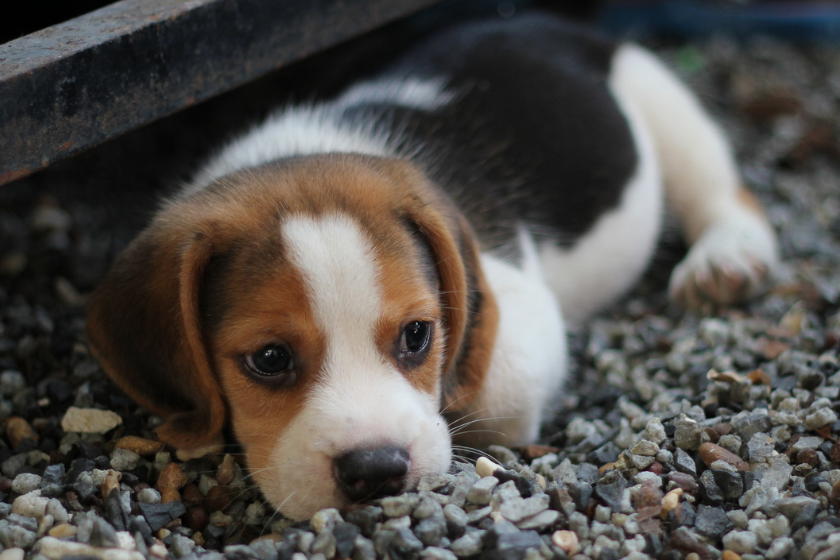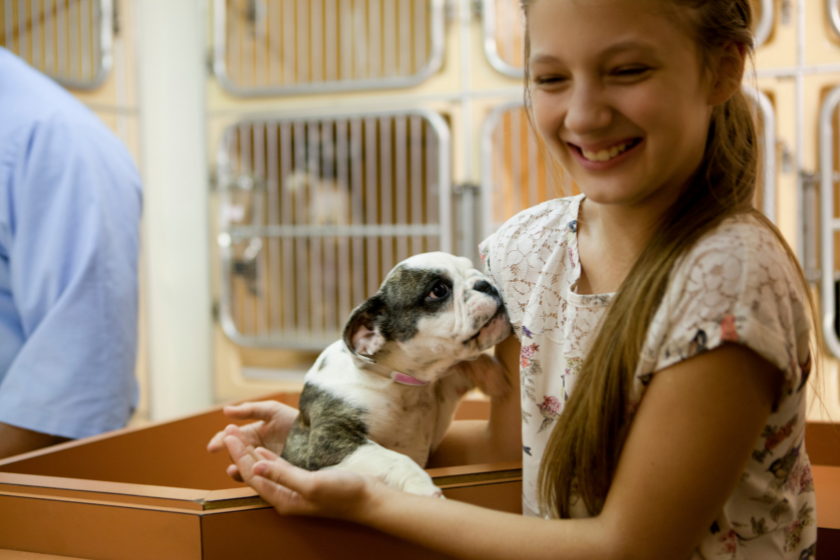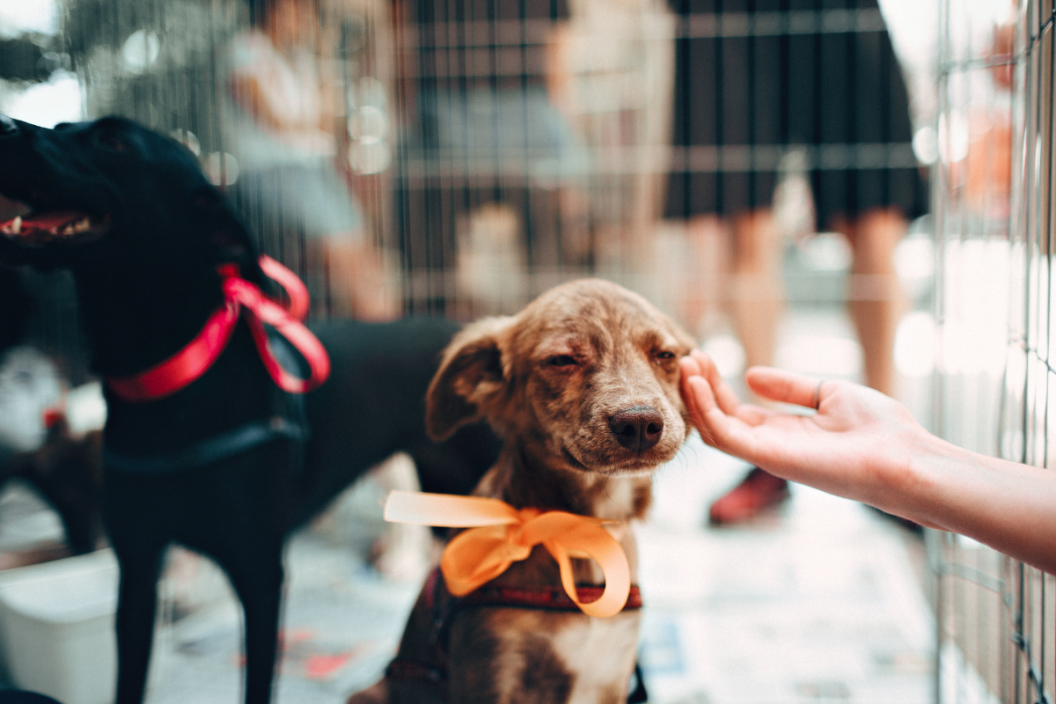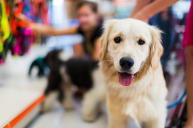Sometimes, adopting new pets doesn't work out. Knowing how to handle this tough decision means so much more to your pet's future.
Bringing your new pet home from the animal shelter is an exciting event. However, sometimes the adopted pet is not a good fit for their new home and ends up needing to be rehomed. A failed pet adoption is heartbreaking for everyone involved.
As you can imagine, you become incredibly attached to a pet even if they are only with you for a short while. If something arises and circumstances change, the return process can be incredibly emotional. So, what can you do when you have a failed pet adoption? We'll detail some of the common reasons why a pet may not fit into your home environment and what to do if you find yourself in this difficult situation.
Why A Pet Adoption Doesn't Work Out

Cat and dog adoptions do not always work out for a myriad of reasons. Right out of the gate, it is important to remember that you have an adoption that does not work out, that does not mean fault can or should be placed on you being a "bad pet parent." Adopting a pet is a tricky situation with many variables, and it can be difficult to foresee them all. According to Union Lake Veterinary Hospital, around 10 percent of pets get returned to the shelter within the first six months. Breed and age are two of the biggest reasons people need to rehome their recently adopted pets. Sometimes, pet owners choose the wrong breed for their lifestyle or environment; there are breeds that are not right for some families, living situations, and lifestyles. When looking for a companion animal, it is important to research what breed will fit your life and family best. There aren't simply "good" or "bad" dog breeds, but upbringing, training, and even former owners play a huge role in an adult dog's temperament.
Some other reasons dogs are rehomed include:
- The new pet does not get along with existing pets
- Family members are allergic
- Behavior problems like aggression or separation anxiety
- Pet is adopted for the wrong reason
- Hyperactivity
- Health issues
- Change in your circumstances (such as moving, financial stress, or personal health issues)
Generally, meet and greets at rescue shelters are limited to 10-15 minutes. With some animals, like puppies, the demand is so high that if you take a even a day to consider your options, it is possible that dog or cat will get swooped up by another potential adopter. Unfortunately, this puts potential owners at a disadvantage when adopting a shelter dog. When working with a responsible breeder, you can spend more time to find the pup that is right for you before taking them home. However, shelters do not hold dogs, so if you are unsure if the pup will be a good fit, it may be better just to pass. If the pup you want is still there, you may have a chance to come back and see them again to ensure they are the perfect fit.
How To Handle Failed Pet Adoption

RELATED: Sick, Aging Dog Reveals The Beauty of Adopting Older Pets
Sometimes, your adopted dog or cat ends up not being a good fit. If the problem is not a behavioral issue that can be worked out, there are a couple of different ways you can handle finding a new home for your pet, depending on where you got your pet from.
Give the dog back to the breeder.
If your dog or cat came from a reputable breeder, you can often return the dog back to their first home if adoption isn't a fit. Many breeders want to avoid having their dogs or cats end up in a shelter. It is bad for business, their reputation, and for the animal. Many responsible breeders care deeply about their puppies and kittens and want to see them in the right forever home. Breeders will take the dog or cat back and find them a new home, or they will work with you to help you find the pup a new family since they care about the well-being of their pups.
Give it back to previous owners.
If you adopted a pet from someone who was rehoming a cat or dog, they might be able to take the pet back for a short time. Unfortunately, some people rehoming dogs or cats usually do so due to an emergency situation, so they may not be able to take the pet back. However, it is always worth a try and certainly in the best interest of your pet (as long as you feel their former home was safe).
Rehome the dog.
Many people take to social media to rehome pets. However, as desperate as people are for a happy ending, social media is not always the best route for finding a pet their forever home.
Contact a rescue group.
Rescue groups can be an excellent option for rehoming a pet. They will take in surrenders, make sure they are up to date on their vaccinations, and assure the animal has their spay or neuter procedure completed before beginning a new adoption process. In addition, potential adopters will fill out an adoption application to ensure they are a good fit for the pet.
Ensuring Pets Are Right For Your Home

Returning a pup is a heartbreaking situation, especially if you have kids. However, there are a few things you can do to ensure everyone's hearts don't get broken the next time you try to bring home a new pet.
- Foster a pet
- Research different breeds
- Prepare for a pet
- Do a meet and greet with existing pets
- Find a dog trainer
With all these suggestions, it's important to be proactive and patient before bringing a loving pet into your home. The best way to avoid issues is by being prepared, aware of both positive and negative effects, and educate everyone in your home on proper care and responsibilities. Even though many of these things may help increase the chances of a new pet working out, you can still run into unforeseen issues. Having a good dog trainer that you and your pet can trust will help the process along!
Have you ever had a dog not work out? Tell us on our Wide Open Pets Facebook page.




